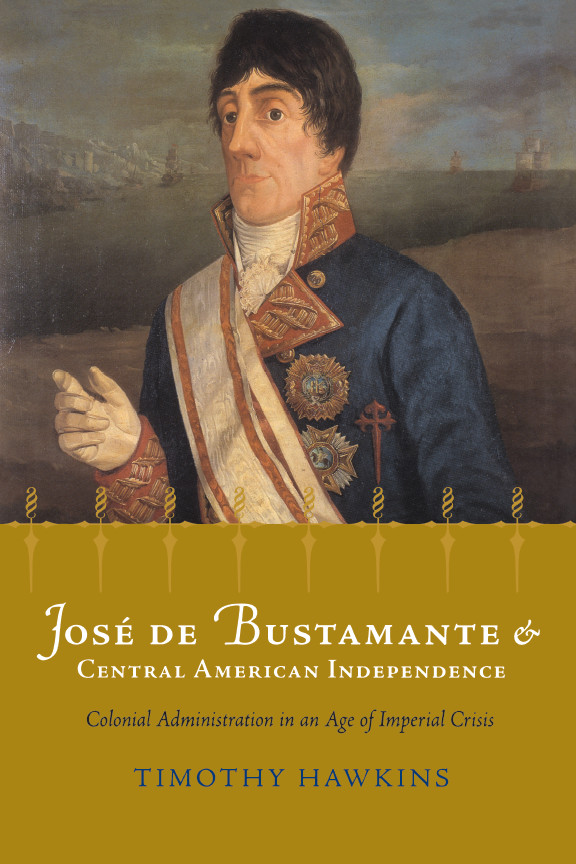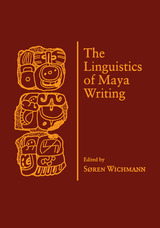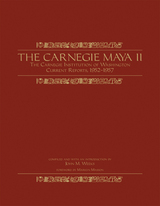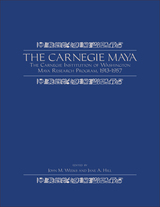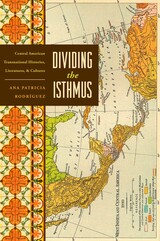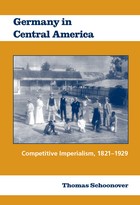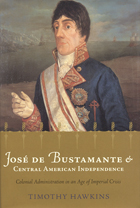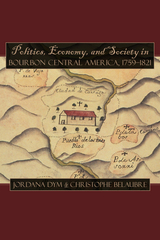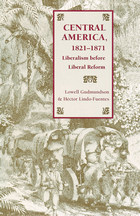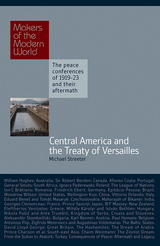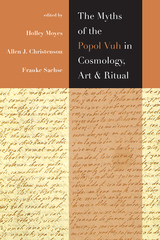Cloth: 978-0-8173-1427-9 | Paper: 978-0-8173-5710-8 | eISBN: 978-0-8173-8618-4
Library of Congress Classification F1437.H39 2004
Dewey Decimal Classification 972.8104092
The first full-length study of a significant figure of the Spanish Enlightenment
Latin American independence histories of the last 150 years have tended to stereotype Captain General Bustamante, governor of the Spanish colony of Guatemala from 1811 to 1818, as a tyrannical arch-villain who personified colonial oppression. Timothy Hawkins, in contrast, examines Bustamante and his administration within the context of preservation of empire, the effort by colonial officials and partisans to maintain the integrity of the Spanish empire in spite of internal and external unrest.
Based on extensive primary research in the archives of Guatemala, Mexico, and Spain, Hawkins’s approach links the Central American experience to that of areas such as Peru, Venezuela, and Mexico, that also responded equivocally and haphazardly to rebellious uprisings against colonial rule. While conceding that Bustamante’s role in the suppression of unrest turned him into one of the more controversial figures in Latin American history, Hawkins argues that the Bustamante administration should not be seen as an isolated and perverse case of Spanish repression but as an example of a relatively successful, if short lived, campaign by Spain to preserve its empire.
See other books on: Age | Central America | Government, Resistance to | Hawkins, Timothy | Self-determination, National
See other titles from University of Alabama Press
